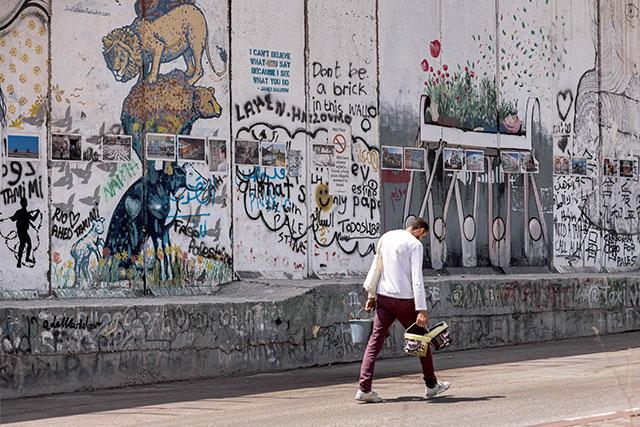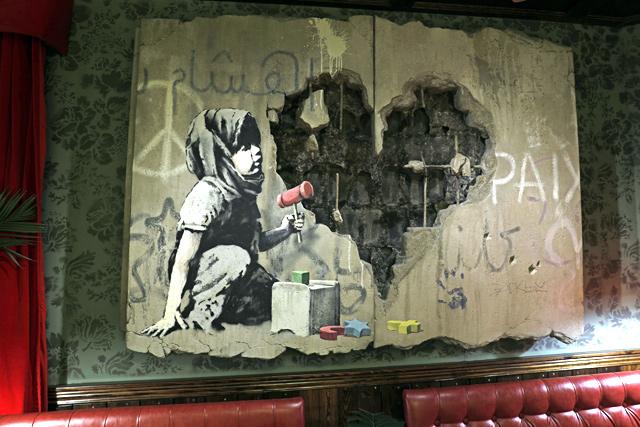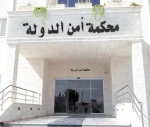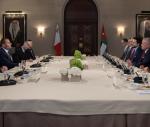You are here
Life in occupied Palestine
Sep 29,2016 - Last updated at Sep 29,2016
Only 10 kilometres down the road from central Jerusalem, but a world away.
When crossing from Israel proper into the occupied West Bank, the contrast in infrastructure and economic levels is intense: seaside skyscrapers and trendy boutiques in Tel Aviv, nothing of the sort in the West Bank refugee camps where life proceeds with deliberate normalcy but a cognisance of deep-rooted occupation lingers in the air.
Palestinians living under occupation face rampant human rights abuses by the Israeli military.
A daunting grey wall snakes through the historical Palestinian city of Bethlehem, cutting it off from the suburbs of Jerusalem. Called by the locals the apartheid wall, its post-apocalyptic features are decorated with Palestinian graffiti demanding freedom and international recognition.
On one side are clean streets, European style cafés and opportunity; the other faces oppression, poverty and uncertainty about the future.
The Israeli-Palestinian conflict affects even the most mundane activity here, and Palestinians experience this in ways not comparable to the average Israeli citizen.
Residents of Aida Refugee Camp, near Bethlehem, experience this polarity daily.
Located at the base of the wall, refugees in Aida are unfortunately well acquainted with political strife and abuse. On any given night, the Israeli military may perform raids on the camp, often ransacking homes and abducting civilians on arbitrary accusations.
While this practice is clearly illegal, the Israeli military regards these actions as both routine and rational.
On the streets of Jerusalem, a dual citizen for Trump T-shirt makes me wonder whether I am somehow looking into the future of the United States, as chants to build a wall and halt Muslim immigration are becoming increasingly ordinary.
The unconditional and distinct support for the Israeli regime crosses partisan lines in contemporary American politics.
AIPAC lobbyists do their best to ensure that Israeli military interests are met in American politics.
The US recently agreed to provide Israel with $38 billion in military support over the next 10 years. Americans are beginning to question why the government chooses to support foreign militaries rather than spending the money at home.
This is the largest sum ever pledged by the US to a foreign country, and it demonstrates that even the most liberal president to date endorses a government that constantly abuses human rights.
It is unquestionable that without American support the conventional Israeli practices in Palestine would not be sustainable.
Both Clinton and Trump declared unequivocal support for Israeli security policies, frightening local Palestinians about what is to come.
But depending on what happens in November, the US may soon have an apartheid wall of its own.
Joseph Lacinak,
Aida Refugee Camp,
Palestine
Related Articles
BETHLEHEM, Palestinian Territories — For Palestinian artist Taqi Spateen, a stroll along the Israeli-built barrier that runs through parts o
BETHLEHEM, West Bank — Palestinians protesting against US President Donald Trump’s policy on occupied Jerusalem halted a US-coordinated Pale
BETHLEHEM, Palestinian Territories — A manger scene juxtaposed against concrete blocks seemingly pierced by a mortar shell: with Christmas l


















